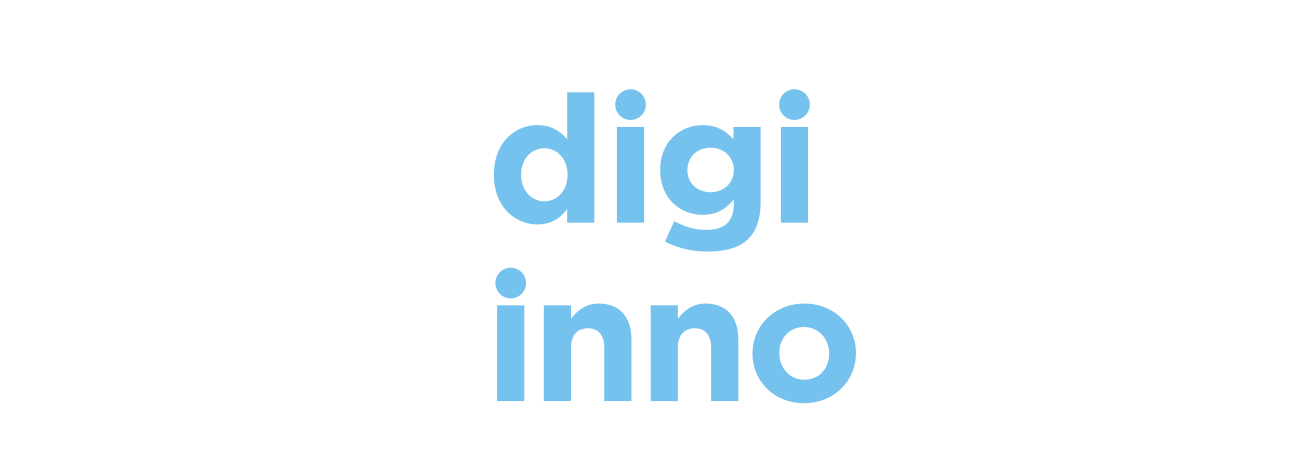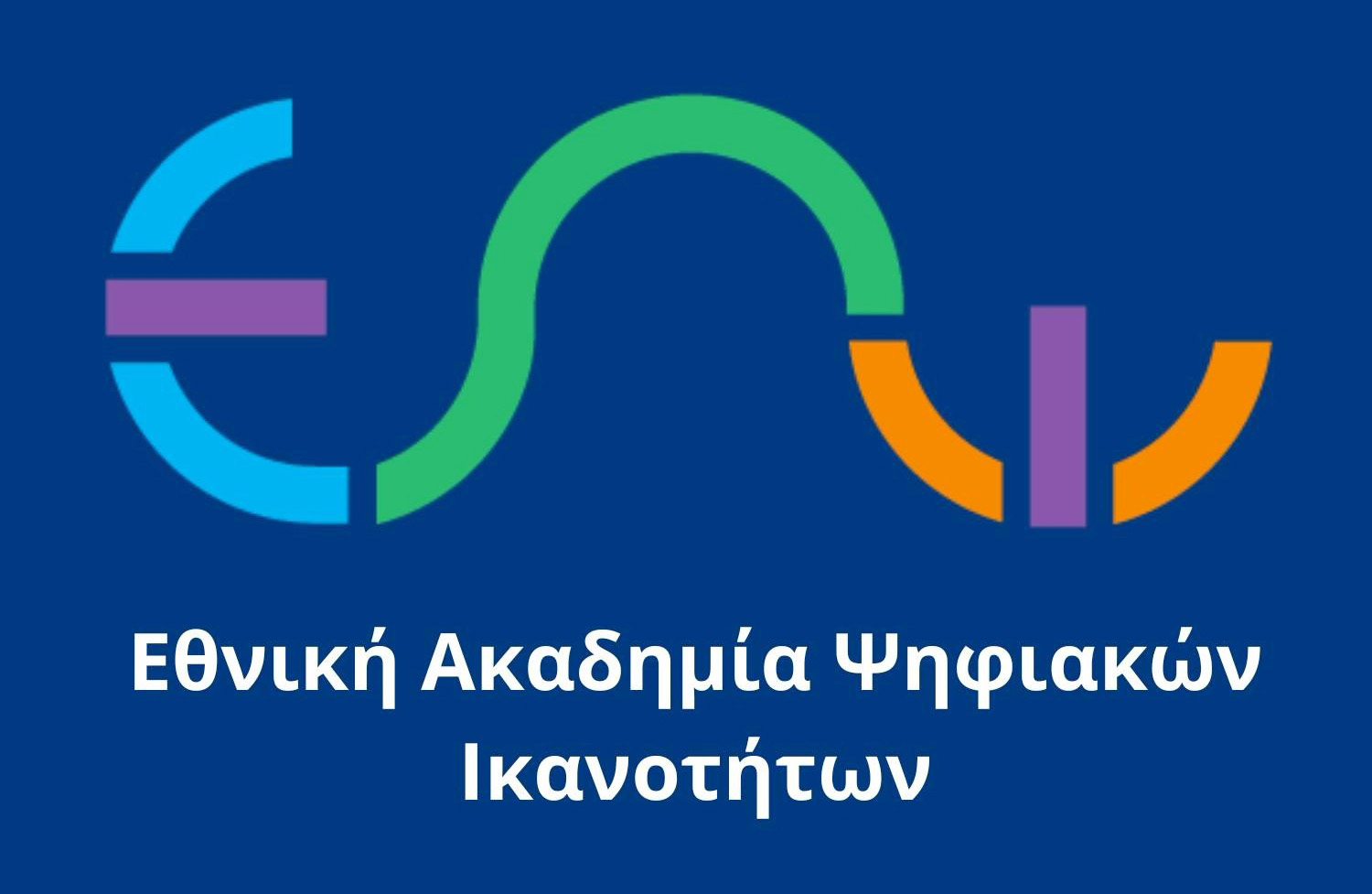Purpose
The DigiGov Courses gateway disseminates knowledge by:
- Providing access to existing digital training material
- Presenting examples of good practices and of use cases in new technologies
- Organizing training seminars and events
- Offering high-level university courses
Some of the key objectives that the DigiGov Courses seeks to address are: - Skills development: Provide training resources on thematic categories, prioritized by the GR digiGOV-innoHUB, so as to facilitate the consumption of advanced digital tools, and software by the public sector or small and medium-sized enterprises.
- Critical evaluation: Teach participants how to critically assess and evaluate the impact and effectiveness of digital solutions and services. This may encompass issues such as data privacy, cybersecurity, and ethical considerations.
- Digital transformation: Assist individuals in understanding the process of digital transformation in the public and private sector. This includes strategies for implementing digital initiatives, improving digital service, enhancing service delivery, and assessing the impact and effectiveness of digital solutions.
- Innovation and emerging technologies: Familiarize participants with the latest trends and emerging technologies, such as artificial intelligence, blockchain, big data analytics, 5G, HPC, IoT, and Cloud computing. Exploring topics such as data privacy, cybersecurity, ethical issues, and promoting open standards, open data, and open digital governance.
- User-centric design: Emphasize the importance of designing digital services with a focus on end users, considering their needs, preferences, and accessibility requirements.
- Collaboration and networking: Promote collaboration among participants, encouraging knowledge sharing practices, establishing partnerships and facilitating networking opportunities to foster a community of digital government professionals.
GR digiGOV-innoHUB Competences Framework
The digital maturity of organizations is based on a series of functions consisting of individual components. To progress and mature digitally, organizations', executives need to develop knowledge and skills in their respective fields to support and implement digital transformation actions and act as catalysts for innovation.
The GR digiGOV-innoHUB Competences framework encompasses the following components:
- Digital Strategy & Investments:
Focuses on defining, tailoring, and executing an integrated digital strategy for organizations, that effectively invest in digital technologies to promote organizational growth, accelerate digital transformation, and execute appropriate digital investments that enhance the digital transition across economic sectors. - Digital Readiness:
Involves adopting and adapting to digital technologies that drive growth and innovation within the organization. The key goals of digital readiness are understanding how advanced technologies impact different areas of the organization and developing modern skills to integrate them. Building trust and ensuring responsible use of emerging technologies lead to further development of digital projects and significant socio-economic benefits. - Human-Centric Digitalization / Human-Centric Digital Transition:
Emphasizes on analyzing and designing digital services based on advanced technologies and driven by user needs, thus ensuring a human-centered approach to digital transition. - Data Management & Security:
Focuses on assessing and developing an organization's ability to understand the value, effectively manage, and leverage data effectively, thereby increasing the organizational value while maintaining data security. This skill is crucial in accelerating the digital transition. - Interoperability:
Harnesses automation, artificial intelligence (AI), and other intelligent technologies to drive operational efficiency and foster innovation through improved interoperability of services. Focus on skills which emphasize on the importance of interoperability in digital transformation and digital perception to achieve it. - Green Digitalization / Green Digital Transition:
Enhances the use of digital technology to reduce environmental impact and promote energy-saving services.

